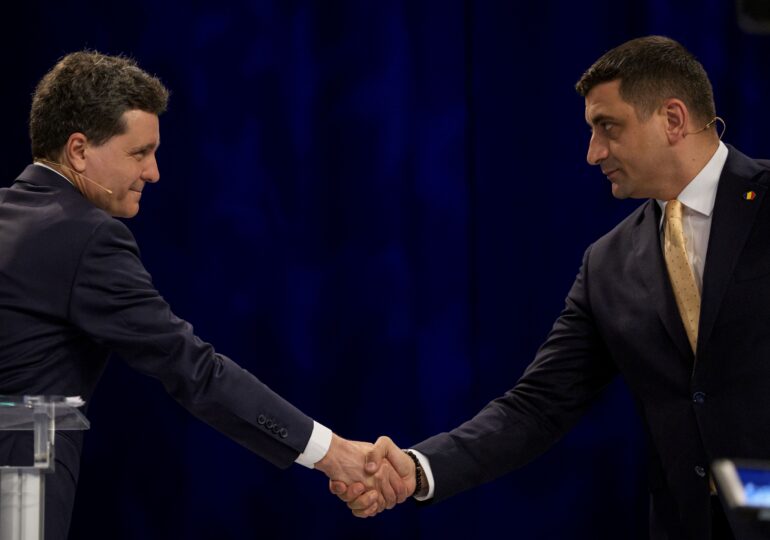The presidential elections in May 2025 were not just an electoral confrontation but a profound revelation of the fractures running through Romanian society.
The MKOR Consumer Sentiment 2025 study shows that Romania went to the polls divided into two distinct camps, each with its own expectations, fears, and references.
Furthermore, the study confirms what many suspected: Romania is no longer just a politically polarized society but one fragmented in terms of values, economy, and culture. Only 3 out of 10 Romanians still believe in the government, with over 70% placing their hopes in education.
Nicușor Dan: urban vote for competence and Europe
With massive support from the urban environment (60%), those with higher education (78%), and high-income populations (74%), Nicușor Dan embodied the idea of competence, integrity, and European continuity for his voters.
Managers and entrepreneurs were among the most active supporters, guided by a pragmatic logic and a desire for stability.
George Simion: rural vote for radical change and identity
On the other hand, George Simion was the voice of rural Romania (62%), with a generally lower educational level (73%) and low incomes (62%).
His voters were not looking for administrative experience or expertise but closeness, courage, patriotism, and a drastic change in the political system.
The vote was deeply emotional, with nationalist and anti-system undertones.
The school unites, the rest divides
One of the few points of convergence is the trust in education – over 70% of Romanians, regardless of camp, believe that school is the solution.
On the other hand, the Church remains a central institution for Simion’s electorate (72%), while justice and the press are credited with more trust by Dan’s voters.
The MKOR study explored not only who voted but also why. Simion’s voters heavily relied on slogans like „I want my country back,” invoking corruption, the „rotten” system, and the need for a national „reset.”
In contrast, Nicușor Dan’s voters valued integrity, competence, and belonging to the European space. For some, it was a vote of disruptive hope. For others, a vote for balance.
The ideal leader: two portraits, two expectations
While most Romanians want a president who is „close to the people,” „educated,” and „patriotic,” when we detail by camps, the differences become clear.
Dan’s voters want an educated (65%), honest (44%), and rational (40%) leader.
Simion’s supporters prefer a president close to the people (49%), patriotic (47%), and determined (35%).
In Dan’s camp, preparation matters. In Simion’s camp, authenticity and perceived empathy matter.
What we reject: fear of puppets and extremism
While opinions are divided on qualities, when it comes to what Romanians do NOT want from a president, the consensus is clearer: no one wants a „puppet.”
Dan’s voters prioritize rejecting imposture and extremist discourse. Simion’s supporters reject national „betrayal,” globalism, and „leaders who have forgotten the country.”
All Romanians are concerned about taxes, salaries, and price increases, but the expectations from leaders are fundamentally different.
Some demand realistic reforms, while others want a moral and political revolution. These differences will continue to influence public life long after the elections.
The results are extracted from the Consumer Sentiment 2025 Study, a 100% independent and self-funded study.
Sample size: 3,357 respondents
Sample characteristics: nationally representative based on residency structure, gender, age, education level, and voting behavior from the first round of the presidential elections on May 4, 2025
Target: general population of Romania, aged over 18
Research method: opinion poll (CAWI)
Instrument: questionnaire
Approach: online, through the MKOR Panel
Period: May 8-14, 2025

